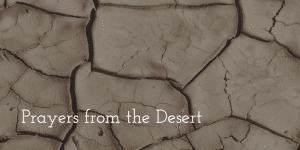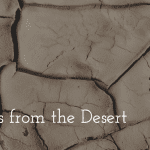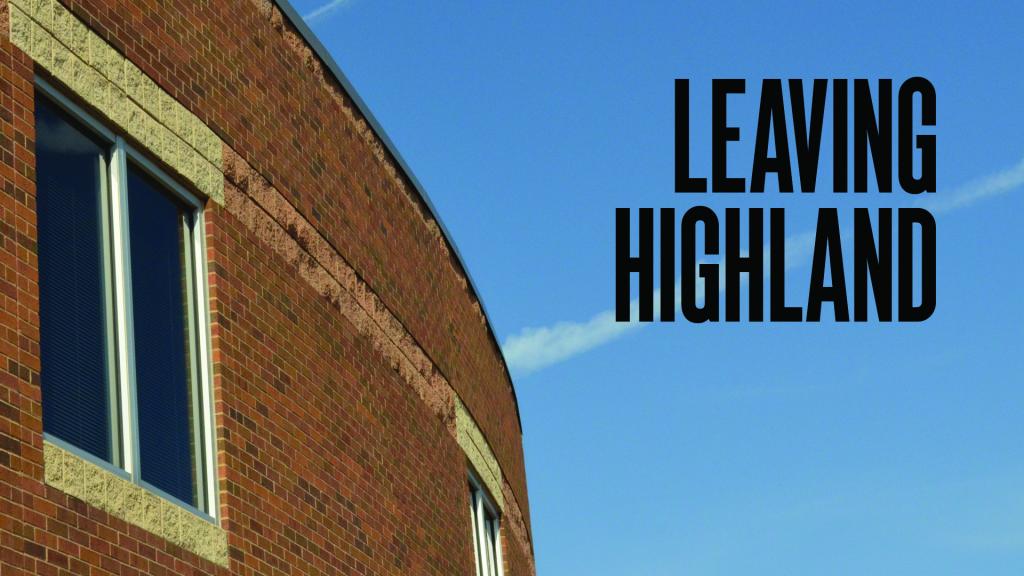
Two years ago we hosted a day of prayer for foreigners working in the refugee camps in North Africa where we were living at the time. Aside from a couple of traditional missionary organizations, there were a smattering of Jesus people working in various humanitarian roles who had voiced interest in gathering with other believers in a difficult and lonely context.
This was February, many months deep into the dry season when the air is brittle in your lungs and the bleached memory of rainstorms is beginning to seem like mythology. We gathered together on our compound in the patchy shade of a massive baobab tree with its scarred corpulent grey trunk, and there will probably never again be such an unlikely gathering of saints in North Africa.
The health worker from Uganda brought his guitar. The Filipina school teacher brought chilled ruby-red hibiscus juice for us to drink. An Ethiopian evangelist from a mega-church in Addis led a somber opening prayer. The twenty-something from North Carolina dressed only in things that can be bought at REI sat next to the sixty-something divorced retiree who was still learning to cook on charcoal. A single Indian woman greeted the German guy trying to get an agriculture program up and running in Arabic.
And then there was Father Jaume*, the barefoot Jesuit priest from Catalonia, who led us all through a time of prayer.
I wasn’t familiar with the Examen that day. I didn’t know then that it was a prayer exercise Jesuits practice twice daily, at noon and in the evening. If in an undergrad Bible class at Abilene Christian University I had run across some guy named Ignatius I had since forgotten him. But what was most memorable to me that afternoon in February was not the newness of any of those things.
Before he led us through the Examen, Father Jaume was gently honest about his own season of spiritual dryness. God feels far away right now, he said, and I’m not sure why. And while I confess a part of me was thinking “Are priests allowed to say that?” I was quickly drawn into a deeply moving experience of prayer. In the hot shade, two dozen people from all corners of the planet, each in different places with God in that season of life, sat together in multi-lingual silence and prayed through the movements of the Examen with a burned-out priest serving as our guide.
I don’t know where Father Jaume and God stand today. But in my own dry season of the heart I have been drawn to the beauty that I glimpsed in Father Jaume’s walk in the brief time I was his neighbor. I grew up in a tradition where prayers were always things offered from one’s own heart. They were spoken in regularity over meals and maybe before bed but generally your prayers were your own, spontaneously composed and offered up in your own way and on your own time.
I love the beauty of that freedom.
But when my spirit refuses to compose, it is the firm grasp of habit, ritual and liturgy that I need more than anything.
On the days that I come to the table wordless, I have found myself turning to the words of others. When I have nothing left to say, I rely on the body of Christ to speak for me. I become a surrogate soul for the prayers penned by faithful men and women who have wrestled with God, often long before I was even born, and from their prayers I gasp hope.
Take this prayer of Augustine for example:
Look upon us, O Lord,
and let all the darkness of our souls
vanish before the beams of thy brightness.
Fill us with holy love,
and open us to the treasures of thy wisdom.
All our desire is known unto thee,
therefore perfect what thou hast begun,
and what thy Spirit has awakened us to ask in prayer.
We seek thy face,
turn thy face unto us and show us thy glory.
Then shall our longing be satisfied,
And our peace shall be perfect.
These words are over 1,500 years old. And when I sit slumped on my bedroom floor staring blankly at the ruled lines of my prayer journal, I can read them aloud.
Even though they are not mine.
Even though I’m not sure I mean them.
But because I believe they are true.
And in speaking them, my voice blends into the silent roar of all who have spoken them before me. In simplicity and in deep faith, these prayers speak for me when I cannot speak for myself.
I realize that I show my cards by even suggesting that old prayers and liturgies are a helpful way to commune with God. For much of the history of the Church and throughout the world today these rhythms are the way of prayer. But as one to whom these rhythms are new, I have been grateful for the firm footing I have found in liturgies not of my own making.
I leave you with a prayer that has impacted me deeply in the past few months. It is not ancient but it weaves praise and pain and poetry together in a way that nudges my soul awake. Perhaps it will speak for you as well. Hear the words of Walter Brueggemann from his book Awed to Heaven, Rooted in Earth:
We Wait for You to Ache
With the energy we have,
we begin the day,
waiting and watching and hoping.
We wait,
not clear about our waiting.
But filled with a restlessness,
daring to imagine
that you are not finished yet –
so we wait,
patiently, impatiently,
restlessly, confidently,
quaking and fearful,
boldly and daring.
Your sovereign decree stands clear and we do not doubt.
We wait for you to dissolve in tender tears.
Your impervious rule takes no prisoners,
we wait for you to ache and hurt and care over us
and with us
and beyond us.
Cry with us the brutality
grieve with us the misery
tremble with us the poverty and hurt.
Attend to us – by attending in power and in mercy,
remake this alien world into our proper home.
We pray in the name of the utterly homeless one,
even Jesus.
Amen.
*names have been changed









